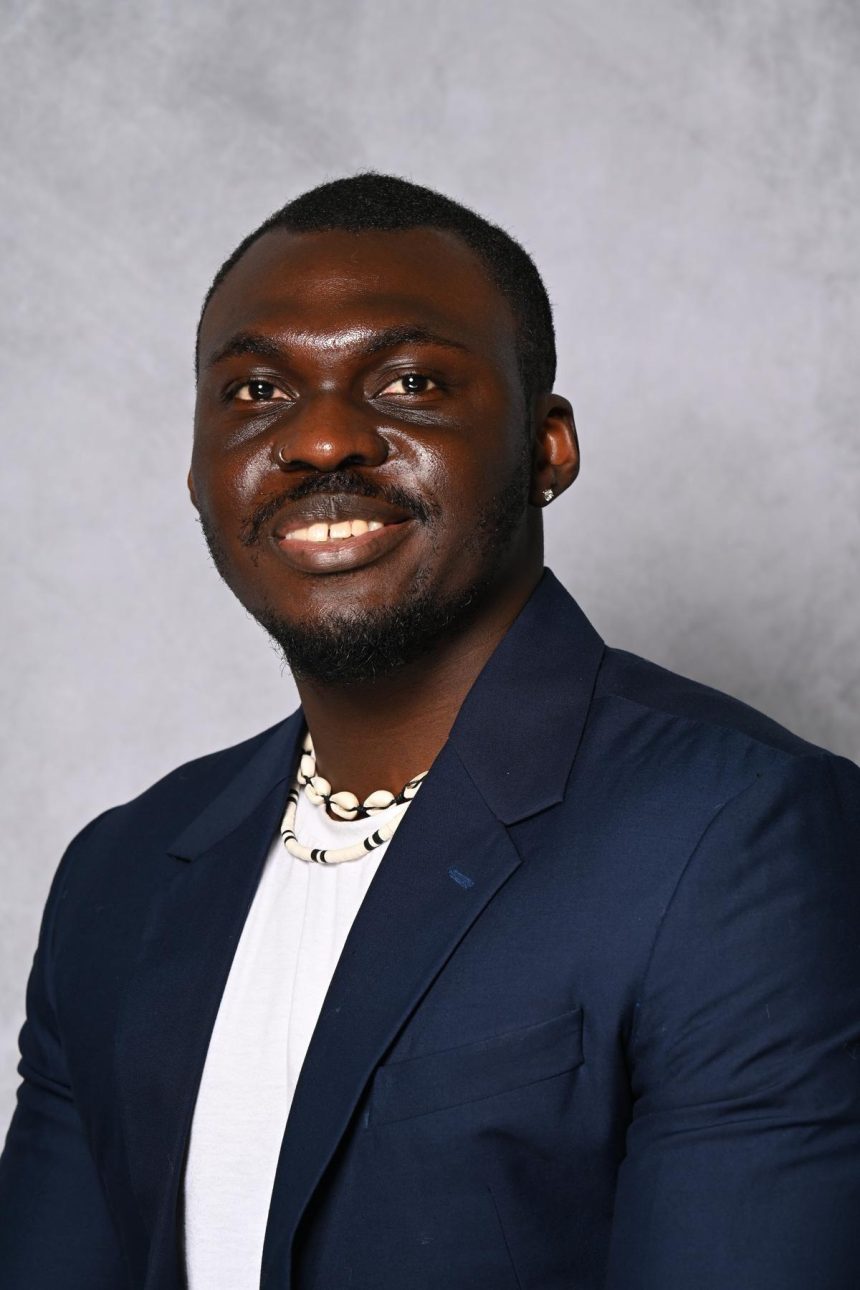A Nigerian researcher is spearheading an innovative movement in environmental sensing and food safety, harnessing machine learning to develop intelligent solutions that could revolutionise Nigeria’s food and oil industries.
Gbenga Patrick Fabusola, a PhD candidate in Chemical Engineering with a minor in Artificial Intelligence at Oregon State University, has been leveraging artificial intelligence techniques to enhance food contamination detection and improve environmental monitoring systems. His pioneering work centres on gas sensing arrays, which monitor airborne compounds to determine the health status of cells, food, or industrial environments.
“At the heart of my research is the desire to make technology serve the environment,” Fabusola said. “Our food system, particularly in developing nations like Nigeria, faces a significant risk of contamination and spoilage. By integrating machine learning with advanced sensors, we can identify early signs of contamination before they pose a threat.”
In his most notable project, Fabusola developed a classifier capable of predicting cell health using gas sensors trained on emissions from bacterial and fungal contamination. This technology is a game-changer for the food industry, providing a rapid, non-invasive method for monitoring food quality and safety.
“This model is designed to enhance early detection,” he explained. “We no longer have to wait for lab results or rely solely on human inspection. The machine perceives what we cannot—and it does so swiftly.”
By training these models on real-world gas profiles, Fabusola’s system learns to distinguish between healthy and contaminated samples. With this insight, industries can prevent the distribution of spoiled products, thereby enhancing food security and reducing waste.
The implications extend beyond food safety. His research also explores methods to optimise gas sensor design. Drawing inspiration from recommendation systems similar to those used by Netflix or TikTok, Fabusola has developed a machine learning algorithm that identifies the best sensor materials from thousands of possible combinations.
“With over 100,000 metal-organic frameworks (MOFs) in the database, it’s practically impossible to test each one experimentally,” he noted. “So we use AI to recommend the top-K sensors for any given task, dramatically saving time and resources.”
His contributions are gaining recognition within academic and industrial circles. Fabusola has presented his findings at the prestigious American Institute of Chemical Engineers (AIChE) conference and co-authored peer-reviewed publications in international journals.
Beyond the lab, he remains passionate about how his work can help African nations overcome long-standing challenges. “This is not just research for research’s sake. It’s about deploying cutting-edge tools to tackle real problems—food spoilage, disease, environmental degradation,” he said.
His vision is clear: a future where intelligent sensing systems alert food handlers to contamination in real time or warn engineers about gas leaks before a crisis occurs.
“We are no longer constrained by conventional technology,” Fabusola added.






